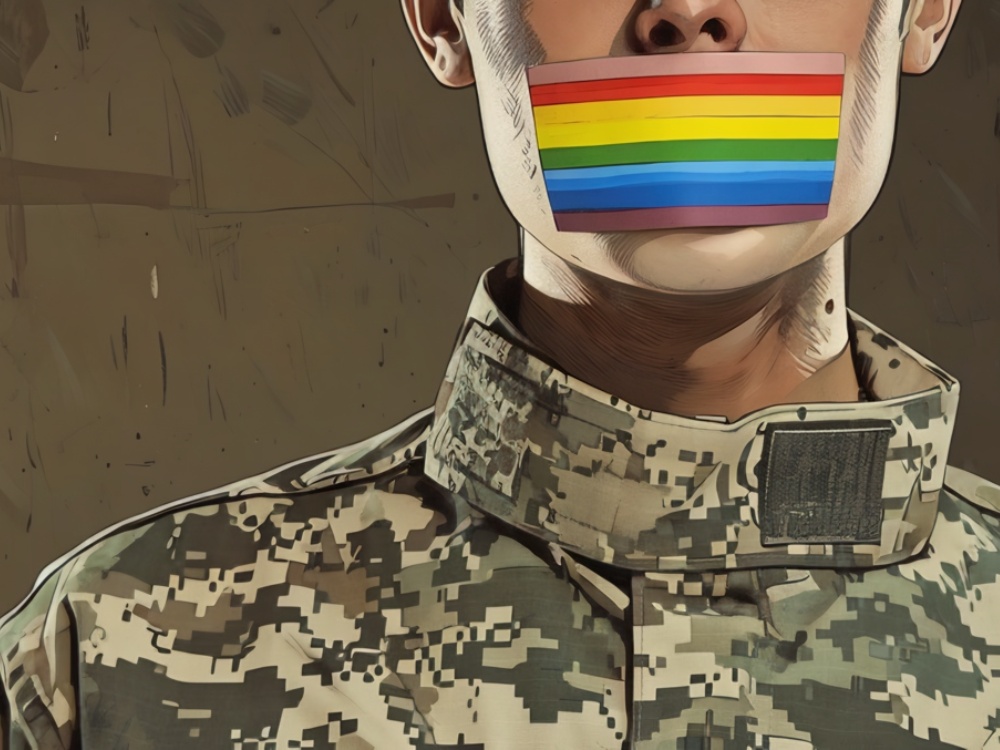Texas Governor Greg Abbott has ordered the removal of all “political ideologies” from public roads across the state — a directive that has sparked backlash from LGBTQ+ advocates and local leaders.
The governor’s directive, issued to the Texas Department of Transportation (TxDOT), demands the removal of any non-standard street markings, with rainbow crosswalks and Black Lives Matter-themed street art appearing to be the first targets.
“Non-standard surface markings, signage, and signals that do not directly support traffic control or safety are strictly prohibited, including the use of symbols, flags, or other markings conveying social, political, or ideological messages,” the governor’s office stated.
Though the directive doesn’t specifically name Pride-related art, the implications are clear. The move echoes similar actions taken in Florida, where authorities removed a rainbow crosswalk at the site of the Pulse nightclub massacre, sparking widespread outrage.
Federal Pressure Fuels State-Level Crackdown
Abbott’s order follows a letter from Transportation Secretary Sean Duffy, issued on 1 July, urging all US governors to remove street art that includes political messages.
“Taxpayers expect their dollars to fund safe streets, not rainbow crosswalks,” Duffy later posted on X.
“Political banners have no place on public roads.”
Despite Duffy’s 60-day deadline to identify “needed safety improvements,” most states appear to have ignored the directive without facing consequences. In fact, some cities — including Milwaukee and Atlanta — responded by reaffirming their commitment to inclusive street art.
Florida, however, complied. Governor Ron DeSantis ordered the Pulse memorial crosswalk to be painted over at night. When community members used coloured chalk to restore it, the state repainted the area and stationed police to prevent further reinstallation.
Texas Cities Push Back
In Texas, Houston’s Metropolitan Transit Authority confirmed it would remove its rainbow crosswalks in compliance with Abbott’s order.
However, other cities are resisting. In San Antonio, officials argue that the state lacks authority over certain types of city-maintained street art. According to Texas Public Radio, the rainbow crosswalk in question was paid for with community donations, not taxpayer funds.
District 1 Councilwoman Sukh Kaur responded defiantly:
“These threats are… similar to what we’re seeing at the national level.”
LGBTQ+ Groups Respond: “Symbols of Unity and Hope”
A coalition of LGBTQ+ organisations — including GLAAD, Texas Latino Pride, Pride in Dallas, Dallas Social Queer Organisation, ReVoyce, and Dallas Pride — issued a joint statement condemning Abbott’s directive.
“Dallas’ Rainbow Crosswalks […] are a symbol of unity and hope and serve as a powerful display of the LGBTQ community’s resiliency and influence in North Texas,” the statement read.
“On the streets of Oak Lawn and Cedar Springs, we invest in our local economy; we organise and practise our First Amendment rights, and we love openly.”
No Data Supporting “Safety” Concerns
While both Gov. Abbott and Sec. Duffy have cited safety concerns to justify the removals, no data or studies have been presented to support claims that political or LGBTQ-themed street art contributes to road accidents.
In fact, a 2022 study by Bloomberg Philanthropies found that unique or artistic crosswalks were linked to a reduction in crashes at intersections, suggesting they may enhance rather than hinder pedestrian and driver safety.
Despite this, rainbow crosswalks continue to be painted over, prompting critics to view these moves as part of a broader cultural and political pushback against LGBTQ+ visibility and symbolic protest.


































